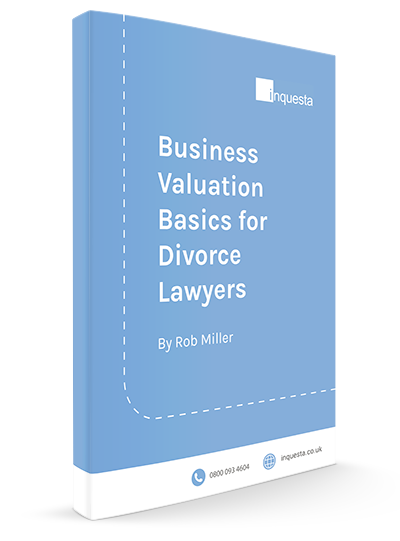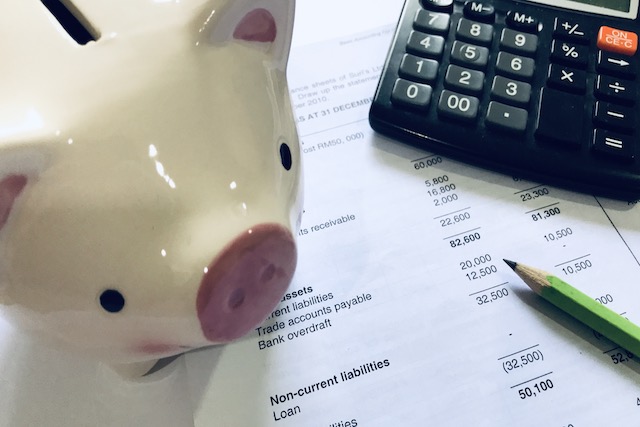What is Fraud Risk Management
Fraud is estimated to cost businesses around £200 billion per year in the UK. Fraud risk management is the process of analysing a firm’s operations in order to locate any potential gaps in their security that could leave them open to fraudulent activity.
Even though it’s simply moving with the times, the more businesses adopt online functionality, the more it empowered fraudsters. They often pride themselves on being one step ahead of fraud prevention methods. This is what makes a consistent fraud risk management strategy all the more important.
When it comes to fraud risks, it is important to remember that damaging activities can come from all directions, including from within. It is not unheard of for a company employee to defraud their bosses or the business they are employed by out of significant amounts of money. This potential source of fraud can be the most difficult to guard against. However, fraud risk management can plug up possible gaps in your security and ensure you are as protected as possible.
The prevailing theory about how fraud risk arises is set out in the Fraud Triangle methodology. This framework is used to explain the core motives behind any fraudulent activity. The Fraud Triangle outlines three components that can increase the risk of fraud — opportunity, or the ability to commit fraud; rationalisation, the point where fraud is seen to be ‘acceptable’ by those dealing in it; and pressure, an individual’s need to commit fraud due to outside factors.
Why is Fraud Risk Management Important?
The importance of fraud risk management is rooted in the simple principle that fraudsters will prey on any opportunity open to them and will target any weakness. Close these gaps, know where your vulnerabilities are, and take control of your own security.
Put simply, a detailed and effective fraud risk management strategy will allow your firm to better detect, effectively respond, and prevent potential fraud from ever taking place. It can also act to allow your company to better react should fraud take place, to minimise potential financial damage.
How Often Must Fraud Risk be Evaluated?
While there are no set guidelines for how regularly your fraud risk strategy should be evaluated, it’s important that you monitor results and remain on the lookout for new threats on a regular basis. The world of business changes constantly, so you need to ensure you are always prepared.
Effective management of the process takes time and effort, which many business owners don’t have. This is why obtaining a detailed fraud risk assessment can prove vital. It takes the burden off your shoulders and provides peace of mind that your company is secure.
Download Your Free Guide to Business Valuation for Divorce Lawyers
Ensure that all of the prized assets in your divorce case, including a business, are valued properly and appropriately.
The process of valuing a company is likely to be one of the most complicated aspects of any divorce proceeding. Our FREE downloadable booklet is designed to support you. Download today and find out more

How to Conduct a Fraud Risk Assessment
Managing your firm’s risk of fraud is a long-term journey that will likely take multiple iterations before you can truly master and tailor a risk assessment to your specific business. Common fraud risk assessment methods will include identifying, quantifying, responding, mitigating, and reviewing risk, as well as the final step, reporting the assessment.
How Inquesta Can Assist with Fraud Risk Management
Experts in all manner of fraud related issues. The Inquesta team has decades of experience assisting with fraud risk assessments, we know the process from top to bottom and can guarantee an efficient operation to keep you and your business protected.
Offering a bespoke service for every one of our clients, get in touch with us today and fill in our fraud health check questionnaire and we will be in touch as soon as we can.
Get In Touch
Our Specialist Team
Meet the expert team who will be responsible for overseeing assisting you with your fraud risk assessment and ensuring that your best interests are as protected as possible against any eventuality.

Steven Wiseglass
Director of Insolvency
A co-founder of Inquesta, Steven is a licensed Insolvency Practitioner with over a decade of experience in the field. He is a member of the Insolvency Practitioners Association, Association of Business Recovery Professionals (R3), and his insolvency licence is issued by the Insolvency Practitioners Association. In addition, he sits on the R3 committees of the North West Regional Committee.
Steven specialises in advising directors of small to medium-sized businesses, and has a wealth of expertise in providing the most appropriate advice whatever the firm’s circumstances may be. He has also been instrumental in helping company directors save their business and rebuild them into successful enterprises.
FAQs
Latest Articles
What are the Different Types of Costs in Business?
If you’re asking yourself, ‘what are the different types of costs in business?”, you’re already taking an important first step towards better financial management. Every business is faced with a range of expenses — from [...]
4 Advantages of a Cash Flow Statement
In business, it always helps to keep up to date on the ins and outs of your company. Whether this is staying aware of all inventory that is shipped out, being aware of any notable [...]
How to Identify Cash Flow Problems
You can have an excellent USP, a great product, a dedicated customer-base, and a busy business, but if you aren’t able to maintain a good cash flow, you are straddling a fine line between [...]




